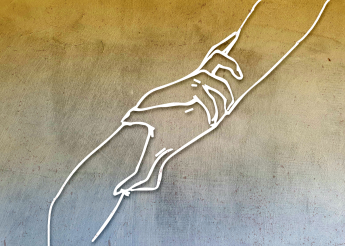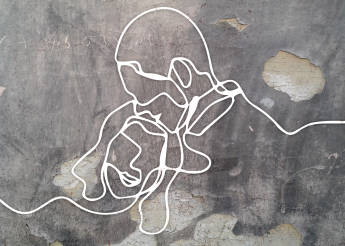EFSQ. Halfway houses, or community residential centres, first appeared in Quebec in the 1960s. At that time, they were developed for a male population. The first transitional housing for women opened in 1980. Today, two of the approximately 40 halfway houses are for women and are managed by the Elizabeth Fry Society. They are largely funded by the Correctional Service of Canada and the Quebec Correctional services. These houses accommodate women prisoners who have already served between one-sixth and one-third of their sentence. Integrating into a community environment while under supervision allows them to prepare for their social reintegration and release.
While entering prison is often a shock for women, their release is also a very challenging time. Prison can often feel like a hiatus. But when prisoners are released, they realise that life on the outside has continued. Sometimes nasty surprises await them: a partner breaks up with them, or parents are reluctant to re-establish contact. Women sometimes idealise their return to the community. But once they are released, they realise just how much they have lost. Everything that landed them in prison is still waiting for them. They have to face it.
The problem is not in prison, it is in the community. It is important for these women to come together in the halfway house: they are guided and supported, and spend their day-to-day lives with other women who are also going through the same thing. There is a sense of mutual support and togetherness.
Maintaining family relationships is often the biggest issue for women, bigger even than finding work. They feel guilty for not having met society’s expectations in this area, and for not having been there for their children. So, when they move into a halfway house, they put a lot of energy into rebuilding their relationships.
Each woman is assigned a clinical counsellor. The counsellor assists the woman in complying with the conditions set by the parole services and helps her with any steps she wishes to take. The halfway house does not receive families, but women may go and stay with them.
The work is always tailored to the needs of the women. Some of them have spent long periods of time in prison and, for them, rebuilding relationships may mean, for example, restoring ties with their siblings. They need to take it one step at a time: after spending several years in prison, it can be hard to spend a weekend with the family. Some women have lost their parental rights. If they want to regain custody of their children, the counsellor can support them in the process. This involves helping them find legal representation to understand their rights, and to navigate the various stages of what can be a very painful process.





